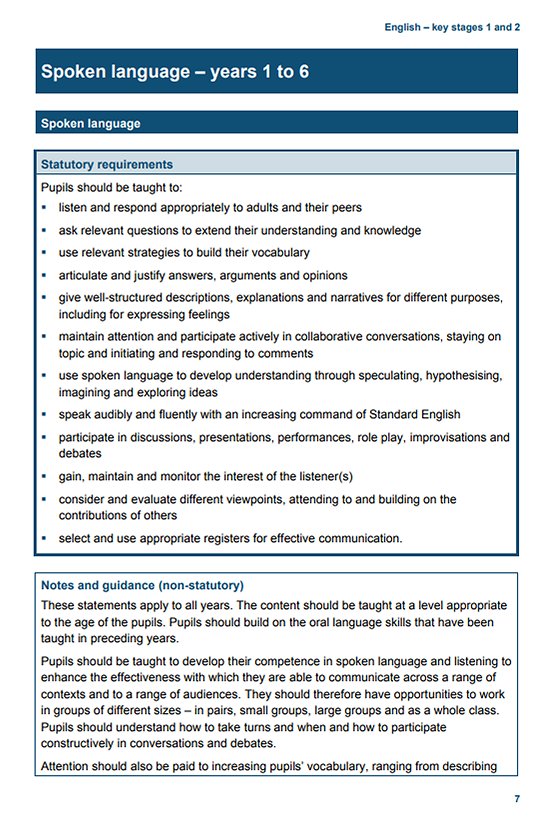Oracy
We aspire to create an oracy embedded curriculum and enable pupils to develop speaking and listening skills in all year groups. Effective communication skills are needed for students to succeed in later life.
Providing a high quality oracy education empowers students, regardless of their background, to find their voice for success in school and in life. Oracy develops pupils' confidence, articulacy and capacity to learn.
At Ewanrigg Junior School, we want every child to find their voice.
We are working hard to provide a high quality oracy education. With oracy at the heart of our curriculum, we are committed to building and embedding a culture of oracy. Purposeful talk is used to drive forward learning, through talk in the classroom, which has been planned, designed, modelled, scaffolded and structured to enable all learners to develop the skills needed to talk effectively and with confidence. The teaching of oracy throughout the curriculum will support children to make progress in the four strands of oracy.

The National Curriculum 2014 states:
Spoken language
The national curriculum for English reflects the importance of spoken language in pupils’ development across the whole curriculum – cognitively, socially and linguistically. Spoken language underpins the development of reading and writing. The quality and variety of language that pupils hear and speak are vital for developing their vocabulary and grammar and their understanding for reading and writing. Teachers should therefore ensure the continual development of pupils’ confidence and competence in spoken language and listening skills. Pupils should develop a capacity to explain their understanding of books and other reading, and to prepare their ideas before they write. They must be assisted in making their thinking clear to themselves as well as to others and teachers should ensure that pupils build secure foundations by using discussion to probe and remedy their misconceptions. Pupils should also be taught to understand and use the conventions for discussion and debate. All pupils should be enabled to participate in and gain knowledge, skills and understanding associated with the artistic practice of drama. Pupils should be able to adopt, create and sustain a range of roles, responding appropriately to others in role. They should have opportunities to improvise, devise and script drama for one another and a range of audiences, as well as to rehearse, refine, share and respond thoughtfully to drama and theatre performances.
